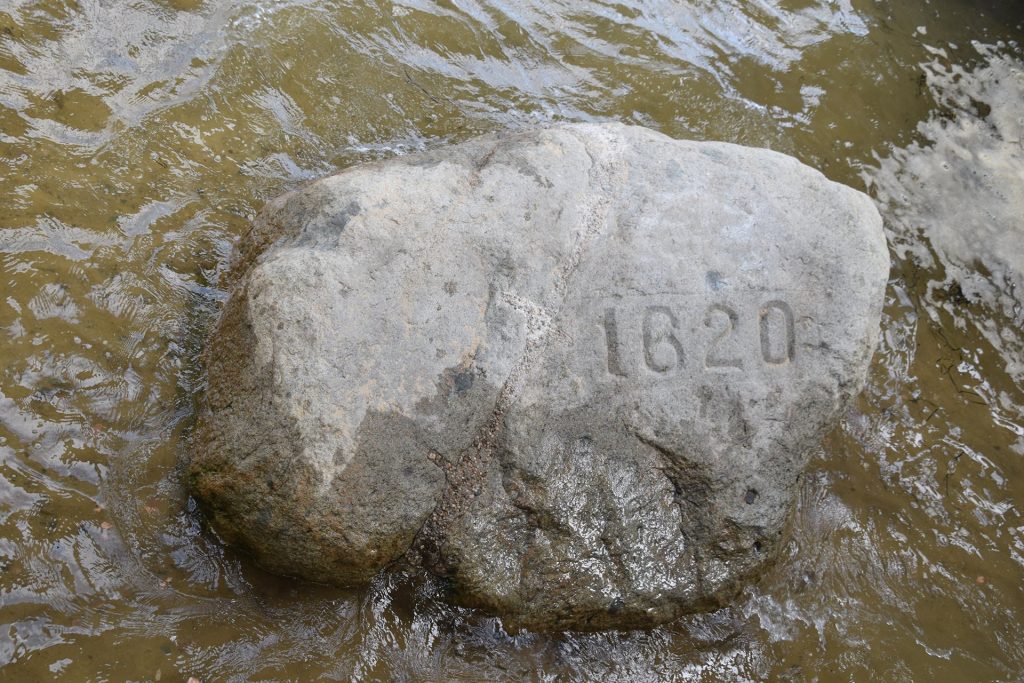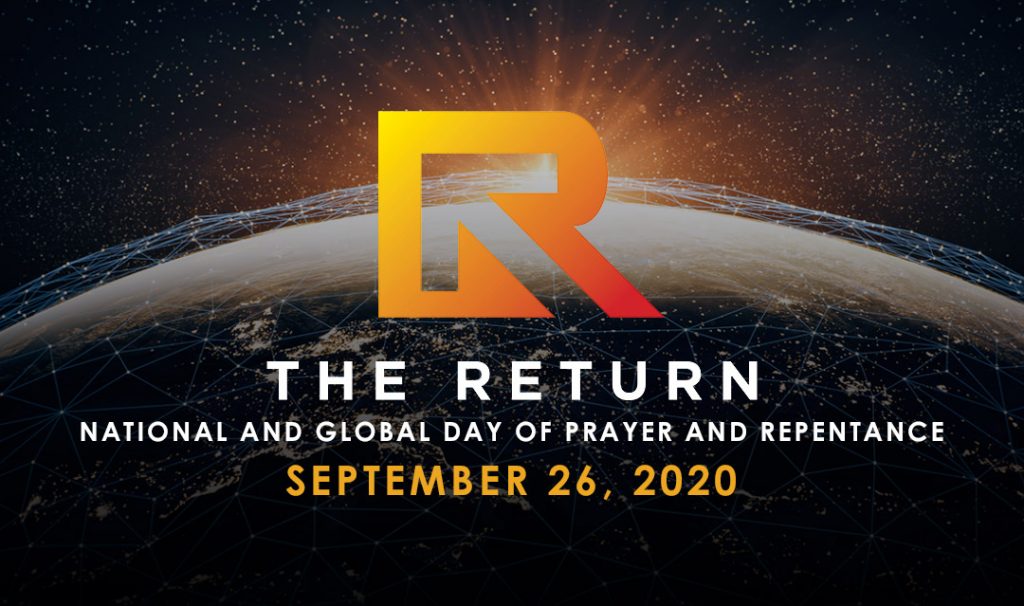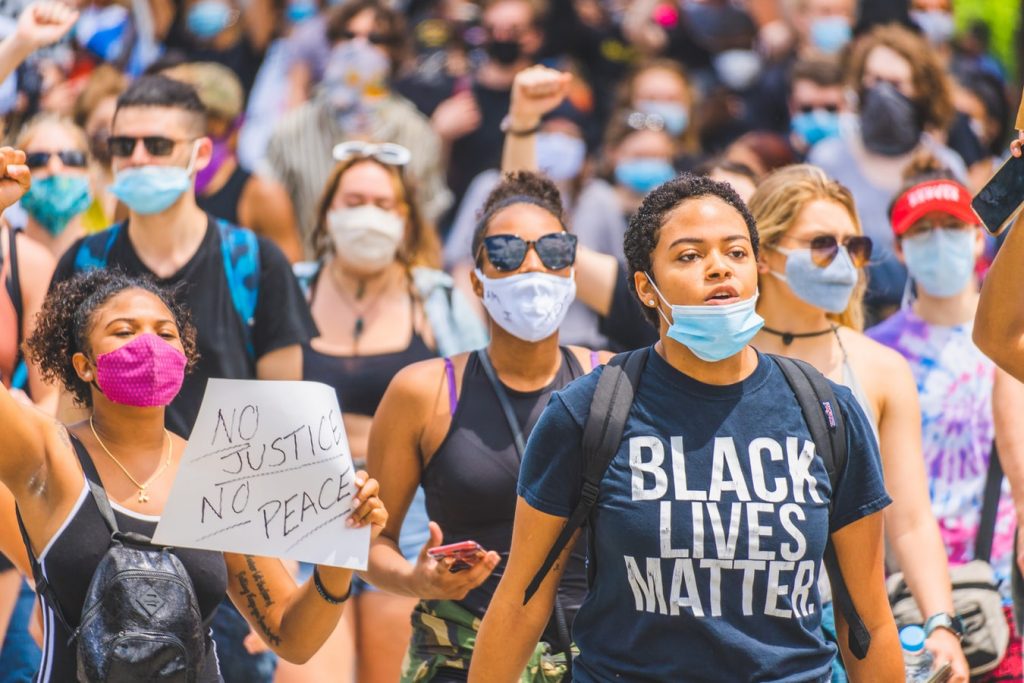History
My Visit to Plymouth Rock–Happy Thanksgiving
Recently I joined a conference call with Dr. Paul Jehle, the unofficial historian of Plymouth, Massachusetts celebrating the 400th anniversary of the Mayflower Compact. This incredible document, the first political expression of biblical ideas in the New World, had profound impact on American history.
This Thanksgiving we should thank our brave Pilgrim forefathers for their vision, wisdom and sacrifice that led to the making of the United States.
I learned that truth thirty-two years ago through a visit to New England (as recorded in my journal).
My visit to Plymouth Rock.
All In on Returning to God
This Saturday, and the weeks that follow, could be a special season in American history.
There is no greater need in our country than that the Church return to God and do His will in this generation.
Are you all in on returning to God?
The Trojan Horse of BLM
The Trojan Horse is a story how the Greeks used stealth to win a war. It’s part of Greek mythology–but possibly based on real events.
I’ve regrettably concluded the Black Lives Matter organization (BLM) is the biggest social Trojan Horse of our time.
We better “drag it out” of our nation before it’s too late.



